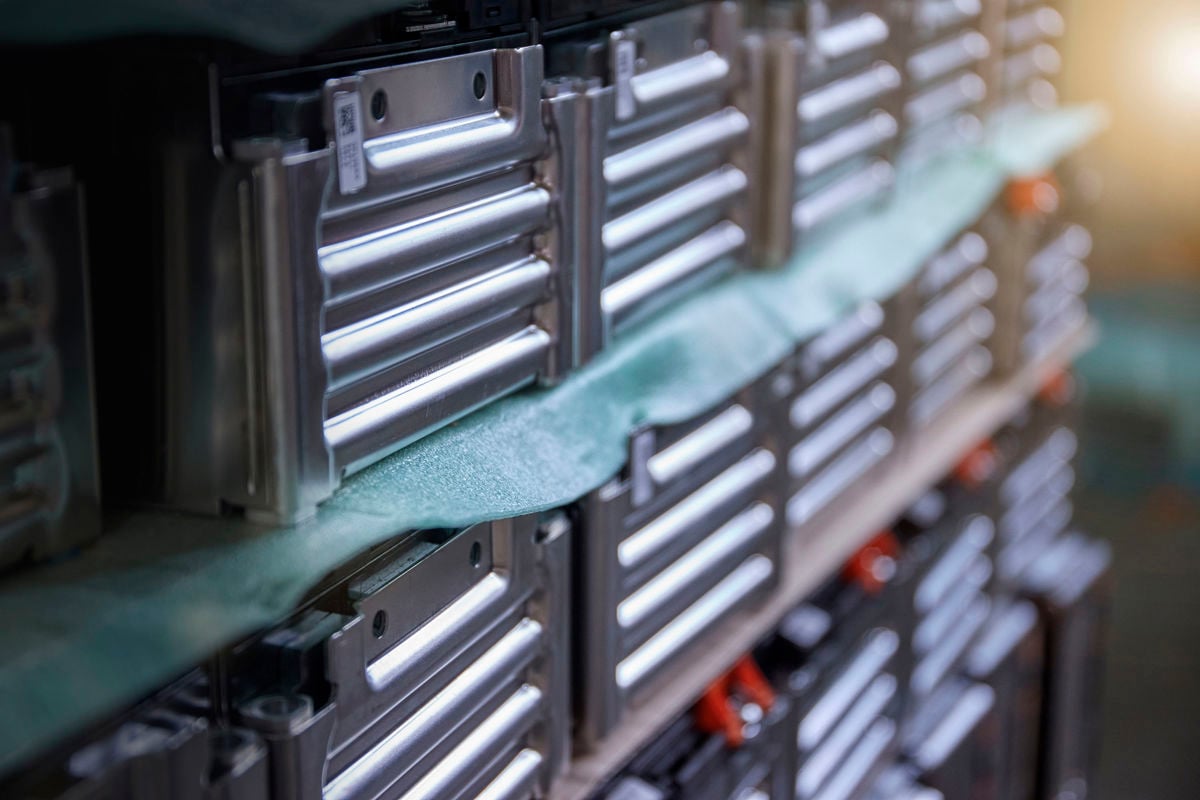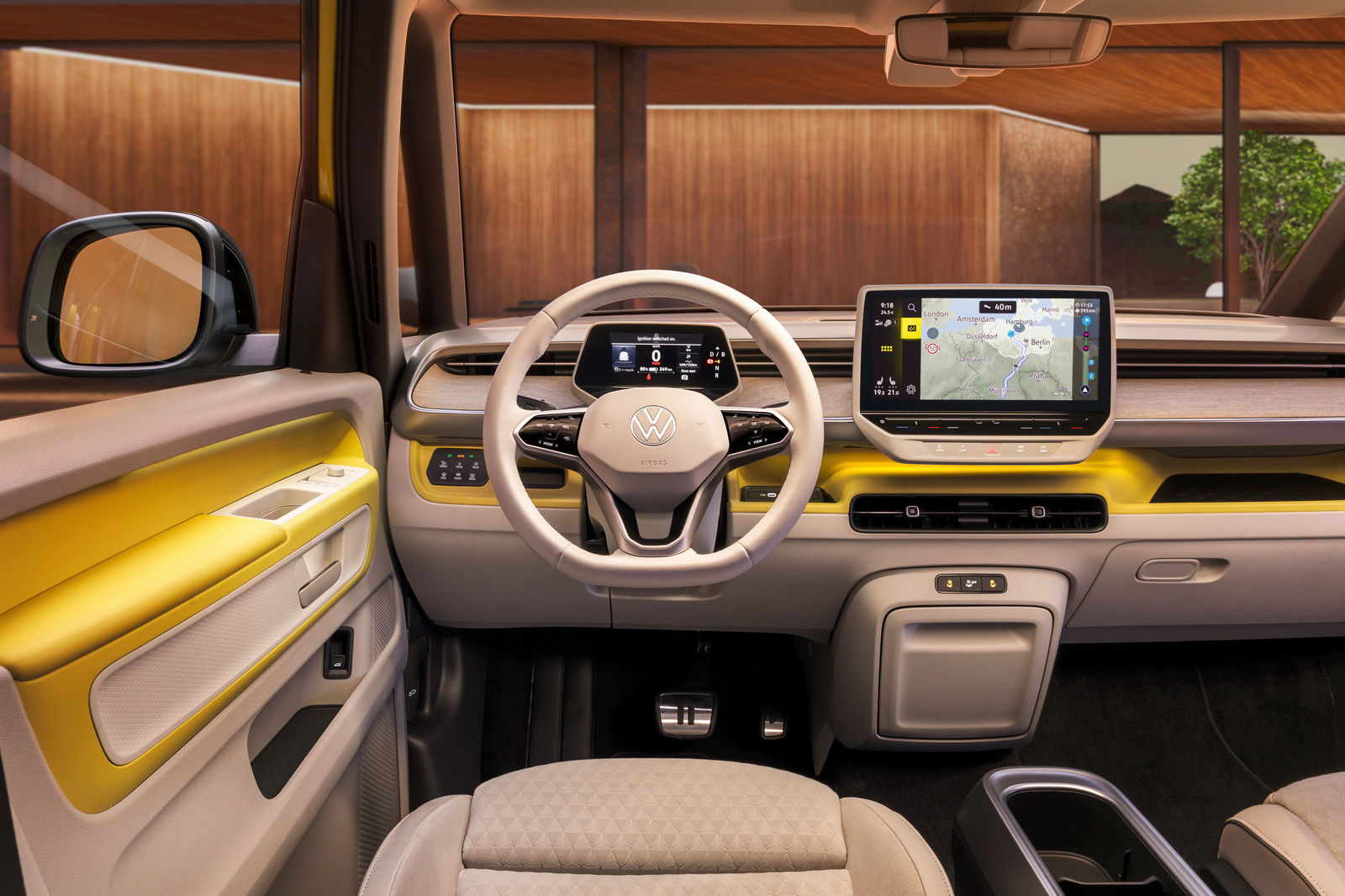What won’t help is the number of EV cars using LiFePo batteries are also increasing dramatically with scarcity of Li-Ion materials.Lithium batteries everywhere I have looked are all up in price or simply out of stock. Lockdowns in China, transportation issues, inflation, and a host of related issues along with classic 'supply and demand' have all pushed prices up a pretty good amount.
As existing stocks of smaller capacity batteries become depleted, I expect those to increase in lockstep with the larger batteries that are generally out of stock where I look. Demand from EV cars isn't helping much either when you have a backlog of Teslas and other cars for $60K~$120K providing a lucrative market for what batteries are actually available even though most of them are made from a mix of smaller cells like you see in various flashlights. The available source materials are going to follow the more lucrative market opportunities.
My costs for Lithium 18650, 21700, and 26650 cells for my flashlights have all gone up considerably and most places are totally out of stock moments after inventory becomes available. Batteries that cost me $6 two months ago are now >$11. Right now, button tops are generally unavailable but, I can find supplies of flat top batteries. Old School Ni-Cd batteries haven't experienced anything more than general inflation so, my old school Maglite flashlights are in good shape battery-wise.
I’d love to know the % of Teslas being made with LiFePo cells these days, I think it’d shock many people.






